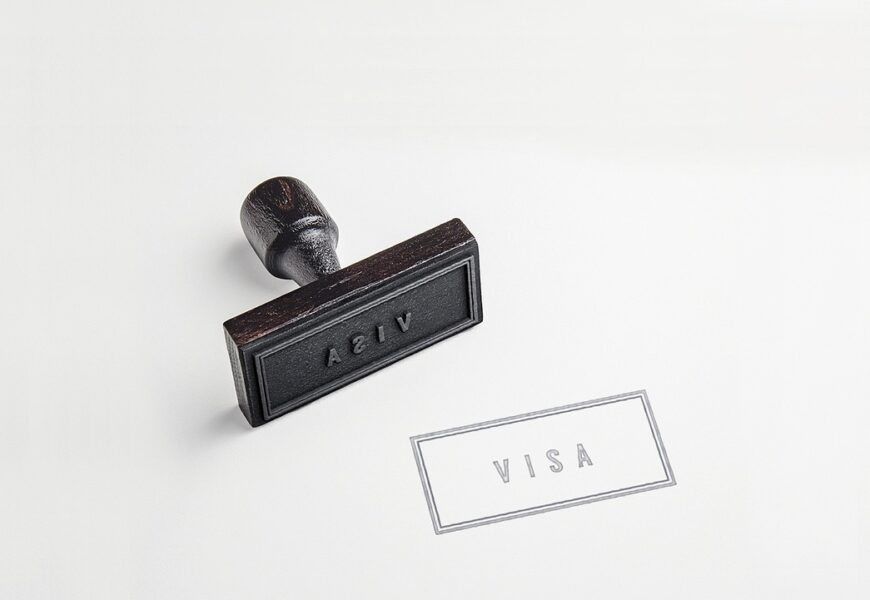Navigating the complex world of Thai visas can be challenging for international travelers and expatriates. Thailand offers a diverse range of visa options designed to accommodate various travel purposes, from short-term tourism to long-term professional and residential stays. Understanding the intricacies of these visa types is crucial for ensuring a smooth and legal entry into the Kingdom of Thailand. Whether you’re planning a brief tropical vacation, seeking professional opportunities, or considering retirement in this vibrant Southeast Asian nation, having comprehensive knowledge of visa requirements is essential.
Tourist Visa Options for Thailand
Thailand provides multiple tourist visa options to accommodate different travel needs and durations. The most common tourist visa is the 60-day Tourist Visa, which can be obtained from Thai embassies or consulates before entering the country. This visa allows travelers to stay in Thailand for up to 60 days and can typically be extended for an additional 30 days within the country. For those seeking more flexibility, the Visa Exemption Stamp offers a convenient alternative, allowing citizens from many countries to enter Thailand without a pre-arranged visa and stay for up to 30 days.
Travelers should be aware that visa requirements can vary depending on their nationality and specific travel circumstances. Some countries benefit from bilateral agreements that provide more lenient entry conditions. It’s crucial to check the most current regulations with the nearest Thai embassy or consulate, as immigration policies can change frequently. Additionally, travelers must ensure their passport is valid for at least six months beyond their intended stay and have sufficient funds to support themselves during their visit.
Work Visa and Permit Requirements
Obtaining a work visa in Thailand involves a more complex process compared to tourist visas. Foreigners intending to work must first secure a job offer from a Thai company willing to sponsor their work permit. The employer must demonstrate that the position cannot be filled by a Thai national and must follow specific recruitment guidelines. The typical work visa is valid for one year and can be renewed annually, provided the individual maintains their employment and meets all legal requirements.
The application process requires extensive documentation, including a valid passport, employment contract, educational certificates, and a health certificate. Applicants must also undergo a medical examination and obtain a police clearance from their home country. Professional qualifications and relevant work experience play a significant role in the approval process. Certain industries, such as education, technology, and international business, often have more straightforward pathways for foreign workers.
Education and Student Visa Processes
International students seeking to study in Thailand must obtain a Non-Immigrant ED Visa, which is specifically designed for educational purposes. This visa is typically valid for one year and can be extended as long as the student remains enrolled in an accredited educational institution. Applicants must provide proof of enrollment, financial stability, and academic qualifications. Language schools, universities, and specialized training programs all have specific requirements for student visa applications.
The student visa process requires comprehensive documentation, including an official acceptance letter from the educational institution, proof of financial means, and a detailed study plan. Students must maintain a minimum course load and academic performance to remain eligible for visa renewal. Some educational institutions assist international students in navigating the complex visa application process, providing valuable support and guidance.
Retirement Visa Considerations
Thailand has become an increasingly popular destination for retirees, offering a Non-Immigrant O-A Visa specifically designed for individuals over 50 years old. To qualify, applicants must meet specific financial requirements, including maintaining a minimum bank balance or demonstrating a consistent monthly income. The retirement visa is initially valid for one year and can be renewed annually, providing a straightforward path for long-term stay.
Applicants must provide proof of financial stability, typically through bank statements showing a minimum monthly income or a substantial bank deposit. Medical insurance is also increasingly required to ensure retirees can cover potential healthcare expenses. The visa offers a unique opportunity for individuals seeking a comfortable and affordable retirement destination with a high quality of life, warm climate, and rich cultural experiences.
Visa Extension and Overstay Implications
Understanding visa extension procedures and potential penalties for overstaying is crucial for maintaining legal status in Thailand. Visa extensions can typically be processed through immigration offices located throughout the country. However, each visa type has specific extension conditions and documentation requirements. Overstaying a visa can result in significant financial penalties, potential detention, and future entry restrictions.
Travelers should always plan their stay carefully and be prepared to extend or exit the country before their current visa expires. The Thai immigration system has become increasingly strict in recent years, implementing more rigorous tracking and enforcement mechanisms. Consulting with immigration professionals or carefully reviewing official government resources can help travelers navigate these complex regulations and avoid potential legal complications.
Conclusion and Key Takeaways
Navigating Thailand’s visa system requires careful planning, thorough research, and strict adherence to legal requirements. Each visa type serves a specific purpose, from short-term tourism to long-term professional and retirement stays. Travelers must remain informed about current regulations, maintain proper documentation, and prepare for potential changes in immigration policies. By understanding the nuanced visa options and requirements, individuals can ensure a smooth and enjoyable experience in Thailand, minimizing potential legal complications and maximizing their opportunity to explore this vibrant and welcoming country.









